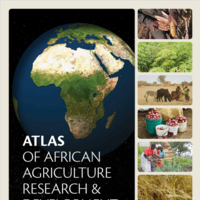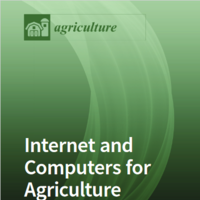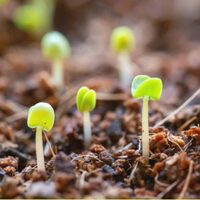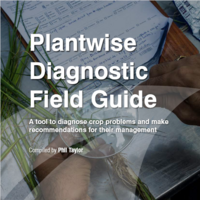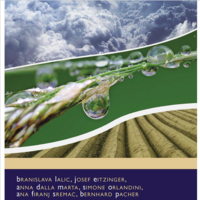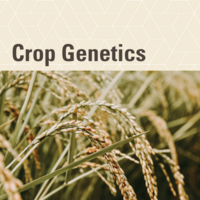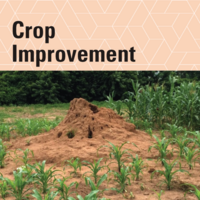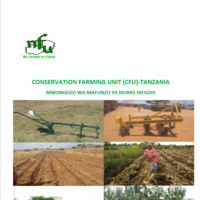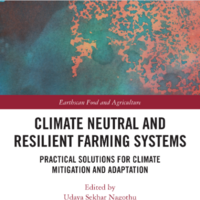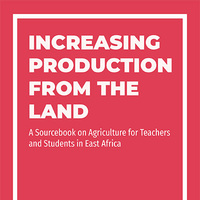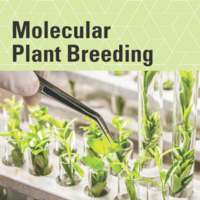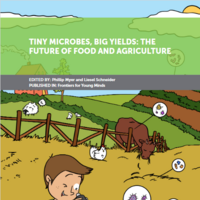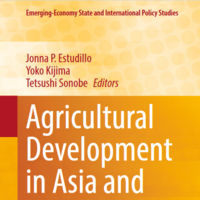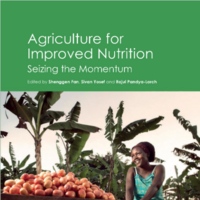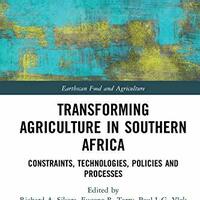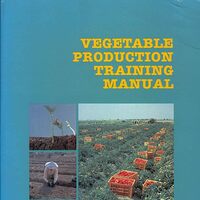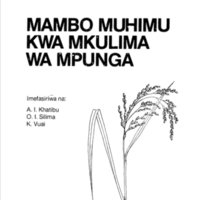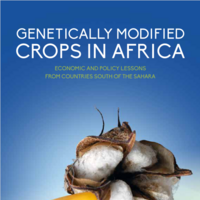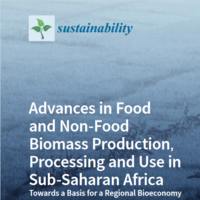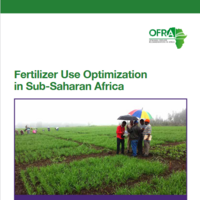Search
Books+
Searching 1,73 books
Search related to the career Agricultural Scientist
An Agricultural Scientist is a professional who specializes in the study and research of agricultural practices, techniques, and technologies. They apply scientific principles to improve agricultural productivity, sustainability, and efficiency. Agricultural scientists work in various areas of agriculture, including crop production, animal husbandry, soil science, pest management, genetics, and agricultural engineering.
Roles and Responsibilities
Agricultural scientists are involved in a wide range of activities, including:
1. Research: Conducting scientific studies to explore new methods, technologies, and practices that can enhance agricultural production, reduce environmental impact, and improve food quality and safety.
2. Experimentation: Designing and conducting experiments to test hypotheses, evaluate the effectiveness of different agricultural techniques, and develop innovative solutions to agricultural challenges.
3. Data Analysis: Collecting and analyzing data related to crop yields, soil composition, pest control, and other agricultural factors. They use statistical tools and software to interpret the data and draw meaningful conclusions.
4. Technology Development: Collaborating with engineers and technologists to develop new agricultural machinery, equipment, and technologies that can optimize farming processes and increase productivity.
5. Advisory Services: Providing guidance and recommendations to farmers, agricultural businesses, and policymakers on best practices, sustainable farming methods, and strategies to address agricultural issues such as climate change, water scarcity, and soil degradation.
6. Education and Outreach: Sharing research findings and knowledge through publications, presentations, and workshops. They also contribute to agricultural education by teaching courses and mentoring students pursuing careers in agriculture.
7. Policy Development: Participating in the formulation of agricultural policies and regulations at local, national, and international levels. They contribute their expertise to ensure that policies align with scientific evidence and promote sustainable agricultural practices.
Skills and Qualifications
To become an agricultural scientist, individuals typically need:
1. Educational Background: A bachelor's degree in agricultural science, agronomy, plant science, animal science, or a related field. Advanced degrees such as a master's or Ph.D. may be required for research and academic positions.
2. Scientific Knowledge: Strong understanding of biology, chemistry, genetics, and other relevant scientific disciplines. Knowledge of agricultural systems, crop physiology, animal nutrition, and environmental science is also important.
3. Research Skills: Proficiency in designing experiments, collecting and analyzing data, and interpreting research findings. Familiarity with statistical software and research methodologies is essential.
4. Problem-Solving Abilities: Ability to identify agricultural challenges, develop innovative solutions, and implement practical strategies to improve productivity and sustainability.
5. Communication Skills: Effective written and verbal communication skills to convey research findings, provide advice, and collaborate with diverse stakeholders such as farmers, policymakers, and fellow scientists.
6. Technical Knowledge: Familiarity with modern agricultural technologies, precision farming tools, and data analysis software. Understanding of agricultural machinery, irrigation systems, and farm management practices is beneficial.
7. Passion for Agriculture: A genuine interest in agriculture, sustainable food production, and environmental stewardship. Dedication to improving agricultural practices and addressing global food security challenges.
Conclusion
Agricultural scientists play a crucial role in advancing the field of agriculture through research, innovation, and knowledge dissemination. Their work contributes to sustainable farming practices, increased crop yields, improved animal welfare, and the development of resilient agricultural systems. By combining scientific expertise with practical applications, agricultural scientists help shape the future of agriculture and ensure food security for a growing global population.
Source: Various AI tools
Sayansi
Books tagged science
Kilimo
Books tagged agriculture
Wakulima
Books tagged farmers
Searched in English.

